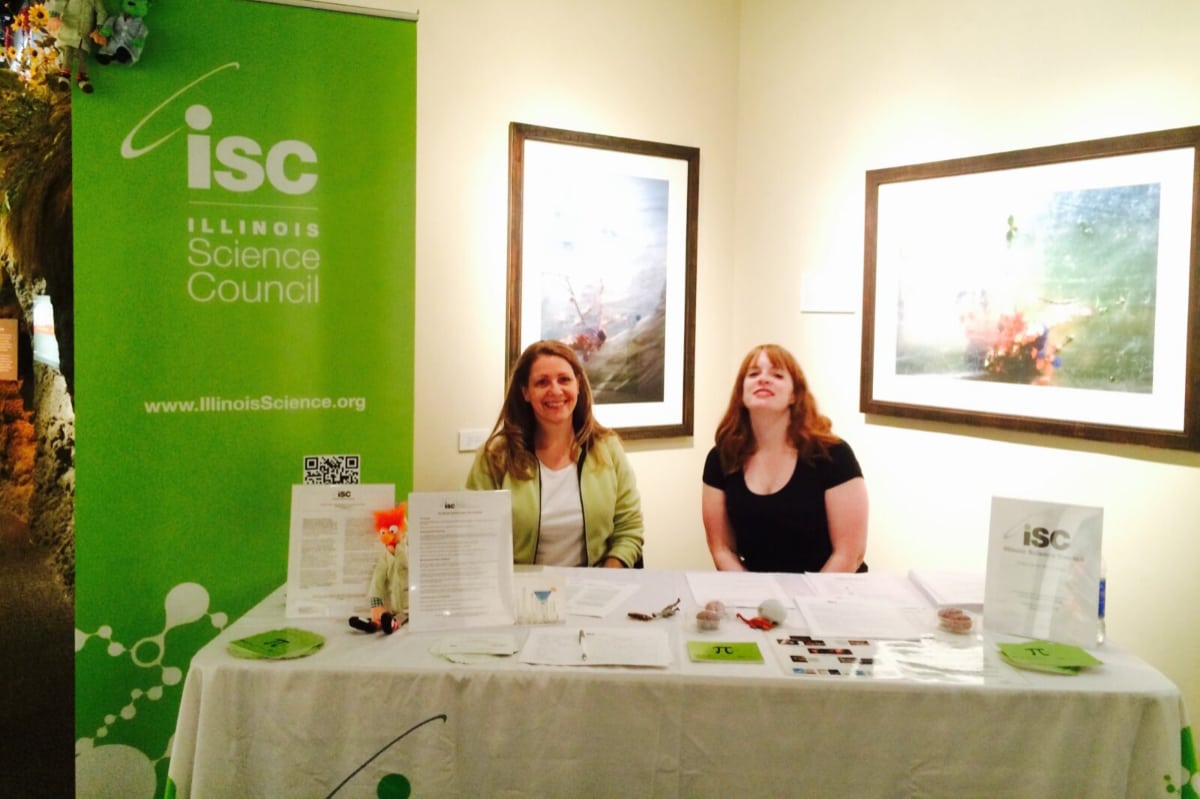Genes can tell us a lot about ourselves.
To many, that is a terrifying concept. If a freshman in college requests to sequence her entire genome, she may learn that she is positive for the BRCA2 mutation present in many breast cancer patients. This means that the likelihood she may develop breast cancer when she ages is about eighty-seven percent. Would she, an eighteen-year-old, truly want to know that she is likely to have breast cancer at thirty-five years old?
On the other hand, imagine that she is a newborn receiving this same genetic test. Doctors already perform genetic screens in newborns for a number of disorders, such as cystic fibrosis and sickle cell disease. Early intervention can help avoid lifetime disability and reduce pain or symptoms. While the BRCA2 mutation is not usually on the list of genetic disorders that make up these newborn screens, it is linked to the neonatal condition Fanconi Anemia, which is treatable in newborns but slowly diagnosed in the absence of genetic testing. In this case, this newborn could not have even survived until the age of 18 to worry about her potential of getting breast cancer if her Fanconi Anemia had not been treated immediately. So, what is better — sequencing a newborn’s genome in order to find mutations for treatable neonatal conditions that might lead to adult onset diseases or not sequencing the genome at all and risking an early newborn fatality?
These are the questions regularly debated among the ethicists, neonatologists, and geneticists of modern times. The truth is, real life scenarios are even more complicated than the hypothetical described above. Since breast cancer can be avoided through preventative surgery such as removing one’s ovaries, some may argue that early knowledge could potentially save this woman’s life. However, what if her genes showed mutations pointing to dementia or other non-curable diseases? Furthermore, when an infant’s genome is sequenced he or she is unable to consent to this process — the parents consent on the infant’s behalf. Most physicians believe that this substituted consent is acceptable for immediate treatment and actions, but what should physicians make of information about a condition that will not affect the child until he/she is old enough to consent? Furthermore, if the information points to a future condition that is not actionable or knowledge of its potential causes more alarm than help, does anyone — parents, patient, and even the doctor — have the right to know this information?
The responses to these questions can vary greatly. Most neonatologists in the United States believe that medicine should “do no harm.” Consequently, they believe newborn genomes should be analyzed using a panel of targeted genomic sequences — that is, a list of mutations causing conditions in newborns that are actionable and cause early onset diseases. This way, the patient will never discover certain mutations in their genomes that are linked to adult diseases. However, when the patient comes of age, he or she can request full genome sequencing for himself/herself. Others may instead choose to provide the parents with all the information they find in their child’s genome. This approach, however, could possibly reveal unexpected paternity or incest (which must be reported if the mother is a minor). Whatever the preferred approach, newborn genome sequencing is proving to be one of the most promising and ethically challenging technologies in medicine.
Scientists are excited about newborn genome sequencing because if a disorder is already suspected in an infant, genomic sequencing can provide further evidence for the diagnosis. Quicker and more accurate diagnoses can lead to better and more cost-effective patient care. Questions of informed consent and data release are valid concerns about the ethics of genomic sequencing; however, some of our fears arise from a common misconception about genes which suggests that genes reveal everything. That is, if we know the patterns in our genome, we can predict our destiny. Yes, identifying the genes that may play a role in one’s obesity or depression can help doctors provide more personalized treatment therapies. However, genes and bodies are very complex and cannot be treated with an entirely deterministic approach. Genetic and environmental factors alike go into each biological outcome. Genomes speak in probabilities, not predictions.
Genetic testing provides some background to our stories, but it cannot predict everything. Like most of science, it does not have all the answers, but it can direct our questions. It can identify and share information that one might have not wanted to know but also information that one may have never known otherwise. It makes us think about our responsibility as parents and caregivers. And once we are informed, it can engage us in debates that will be written into our own stories.
-
Ege Yalcindag is a fourth-year undergraduate student at the University of Chicago studying biology and French who hopes to attend medical school after college. Along with cuddling newborns in the NICU, she loves singing with her a cappella group, painting, and drinking tea. She can be found on Twitter (twitter.com/ege_yalcindag) or LinkedIn (linkedin.com/in/selin-yalcindag-13bb80164).
View all posts





